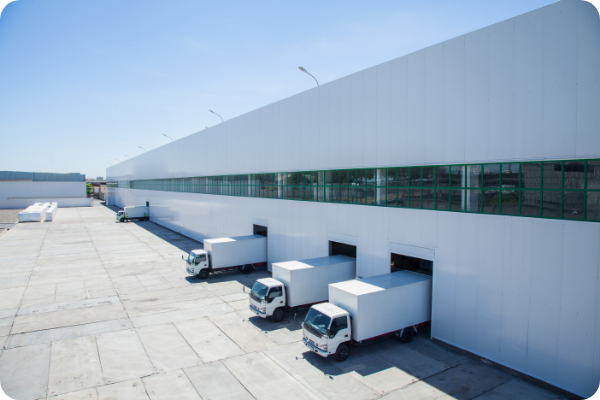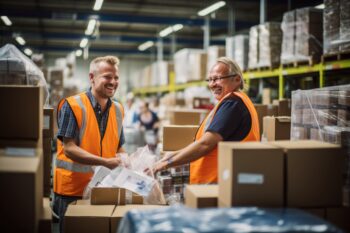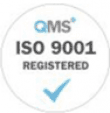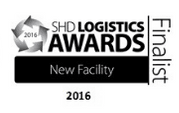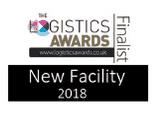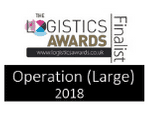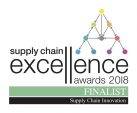Electric HGVs
The battery-powered electric heavy goods vehicle (HGV) market is growing fast, both in the UK and in Europe. Currently, Volvo Trucks sells more than any other manufacturer, but others are close behind: DAF, Tesla and Scania. The main buyers are large established logistics companies including DPD, DHL, Amazon and Royal Mail. Although the electric HGV market is in its infancy, the market in the EU nearly tripled in 2021. Pressures are mounting to decarbonise road freight and limit fossil fuel pollution. It is projected that electric HGVs will help contain costs in the long term, especially when diesel fuel prices are rising and the supply is unstable.
Cleaner air and less pollution
Air quality and the reduction of reliance on fossil fuels are front of mind for both manufacturers and logistics operators. In the UK, the Government has pledged that all new HGVs sold in the UK will be zero emissions by 2040. It states that this will help improve air quality, create greener jobs and reduce reliance on imports of foreign oil. In May 2022, it was announced that £200 million of government funding will be injected into an extensive zero-emission road freight demonstration (trials) programme. The transport minister said, “the demonstrations will help the UK’s freight sector reduce its reliance on fossil fuels by finding which zero-emission technologies are best suited to the heaviest road vehicles in the UK.” Low-Emission-Zones have been identified and are being rolled out across the UK. The goal is to reduce the number of HGVs in heavily congested towns and cities including London, Birmingham and Glasgow. Conventional fuel-powered HGVs are being subjected to fees to operate in these zones.
What is happening in the global HGV supply market?
Developments in battery technology mean that the distance travelled on one charge is increasing rapidly. All the new electric HGV models are extending their range. The Volvo FH Electric has a range of 300 km which can cover a normal workday. If topped up during a driving break, this can be extended to 500 km per day.
In the US, Tesla is supplying 15 HGVs to PepsiCo before the end of this year. These will be put into use across both Frito snacks and its beverage businesses. Tesla claims that its vehicle offers better acceleration than diesel-powered trucks carrying a similar load on the same road. Their HGV can run up to 500 miles on a single charge. In Europe, Volvo Trucks will deliver 20 fully electric heavy-duty trucks to Amazon in Germany before the end of 2022. These vehicles can operate at a total weight of 44 tonnes and are expected to drive more than one million road kilometres annually.
DAF, another premier commercial vehicle manufacturer in Europe, is partnering with Tesco to implement electric HGVs. In the UK, Tesco’s distribution network is one of the largest. It is early days, but two 37-tonne DAF CF Electrics are transporting food and other products across Wales. Amazon UK has nine 37-ton HGVs on order from DAF. It already has more than 1,000 electric delivery vans currently on the road. This fleet extension is another milestone in Amazon’s goal to deliver 50% of shipments with net-zero carbon by 2030.
In Austria, a DAF CF Electric HGV has become the first fully electric truck to tame Austria’s highest mountain pass — the 48-kilometre Grossglockner High Alpine Road with 36 hairpin bends and 12% inclines.
Transitioning to a better environmental solution
The move towards reducing emissions is speeding up and cannot be ignored. Many of the early adopters like Tesco, NHS and Amazon are partnering with the manufacturers to find the best custom solutions. The rapid development of technology and new entrants to the market means that a detailed analysis of the options must be done before making purchase or leasing decisions. Considerations are:
- Location of the distribution centre(s) and accessibility for charging trucks
- The size of the operation and its fuel budget
- The cost of implementation including installing power points
- The impact of inflation and the price of electricity
- The need to find off-site and publicly available power points
What about Hydrogen? Hydrogen comes in three different types of hydrogen: green hydrogen, blue hydrogen and grey hydrogen. Green hydrogen is the cleanest form of hydrogen as it’s being made with the help of electrolysis through electricity generated by solar and wind energy. Grey hydrogen makes up to 90% of the hydrogen production globally. In Europe, there have been introduced some initiatives to support the spread of hydrogen by collaborating with gas distributors, an initiative that would come price-competitive by 2030 to the rest of the fuels. Hydrogen is considered a normal fuel as the rest of fuels but is it the future for HGVs or the electric will be next in terms of the greener power?
Where to start
A strategic and practical review of your current distribution facilities will uncover to what extent your facility can accommodate electric HGVs. This would include studying the outside and inside of your DCs and their capability to handle the required changes. Questions that should be asked are:
- Is the overall electricity supply adequate?
- Is there a suitable space to set aside for charging the trucks?
- Will the area be safe for the employees and drivers?
- Do you need to renegotiate with your electricity provider or change supplier?
The Supply Chain Consulting Group (SCCG) can help you to understand how new technologies can be used in your business to improve transportation and logistics operations. Our directors are experienced logistics and transportation consultants who have worked closely with clients from all sectors and countries to improve or adopt knowledge of new technologies towards “Green Transportation”. SCCG’s experienced consultants can provide professional advice on different possible HGV solutions that would suit your organisation.

